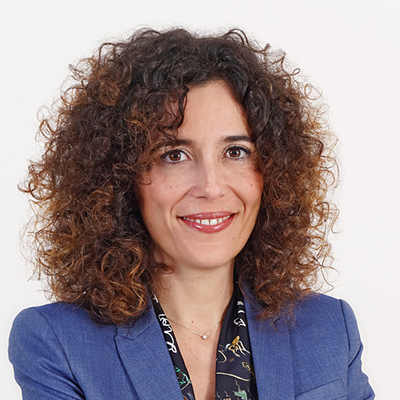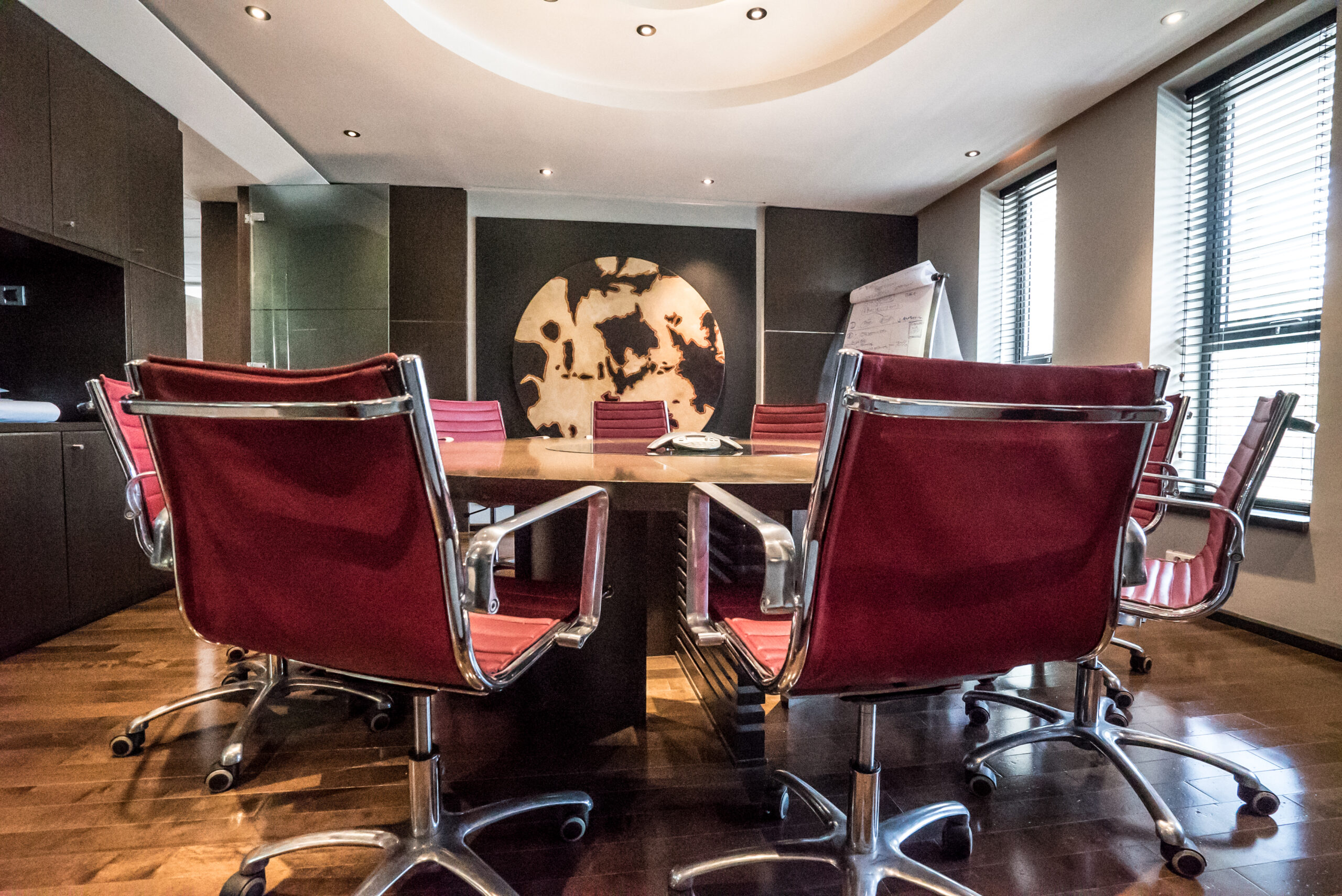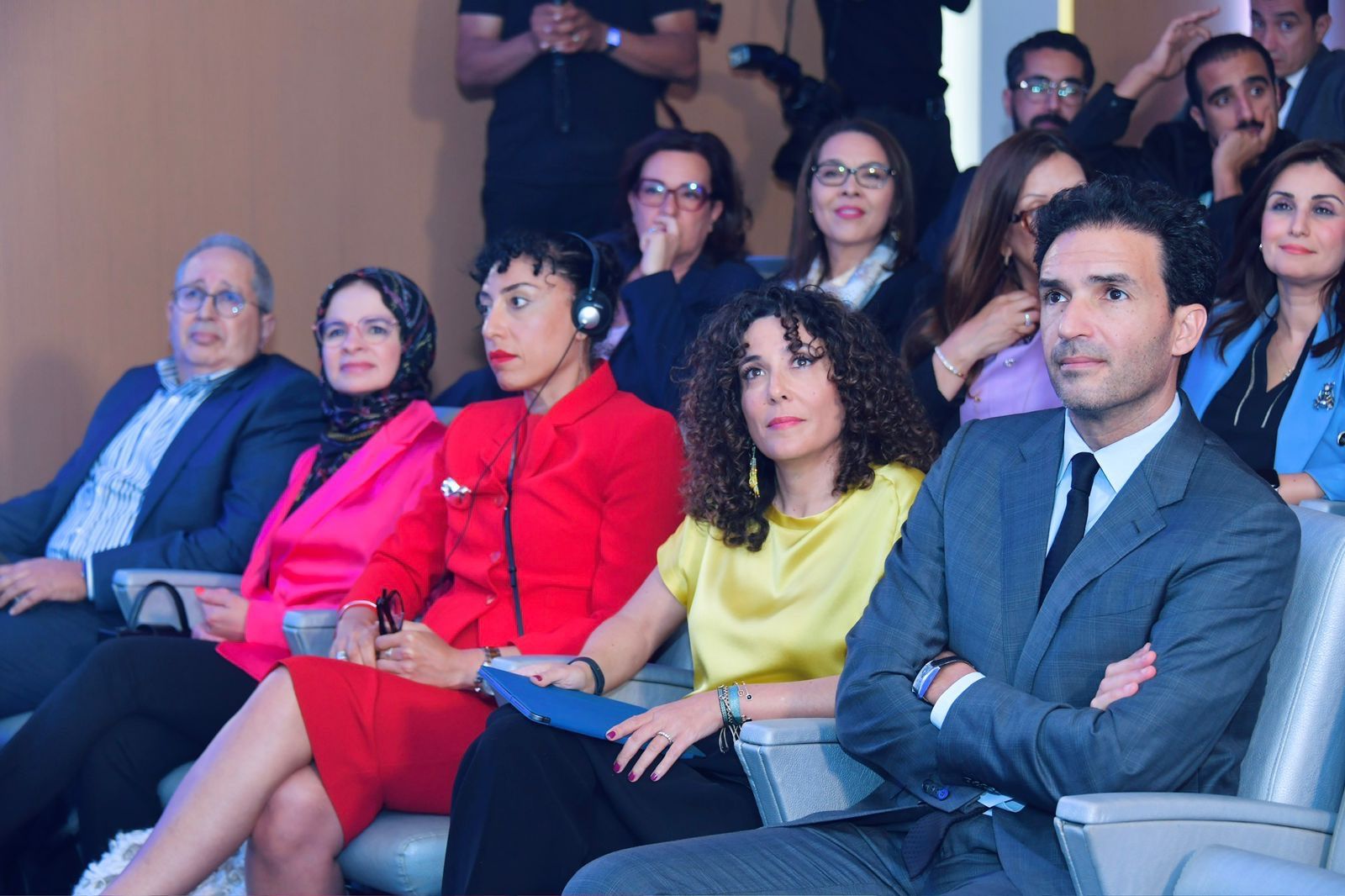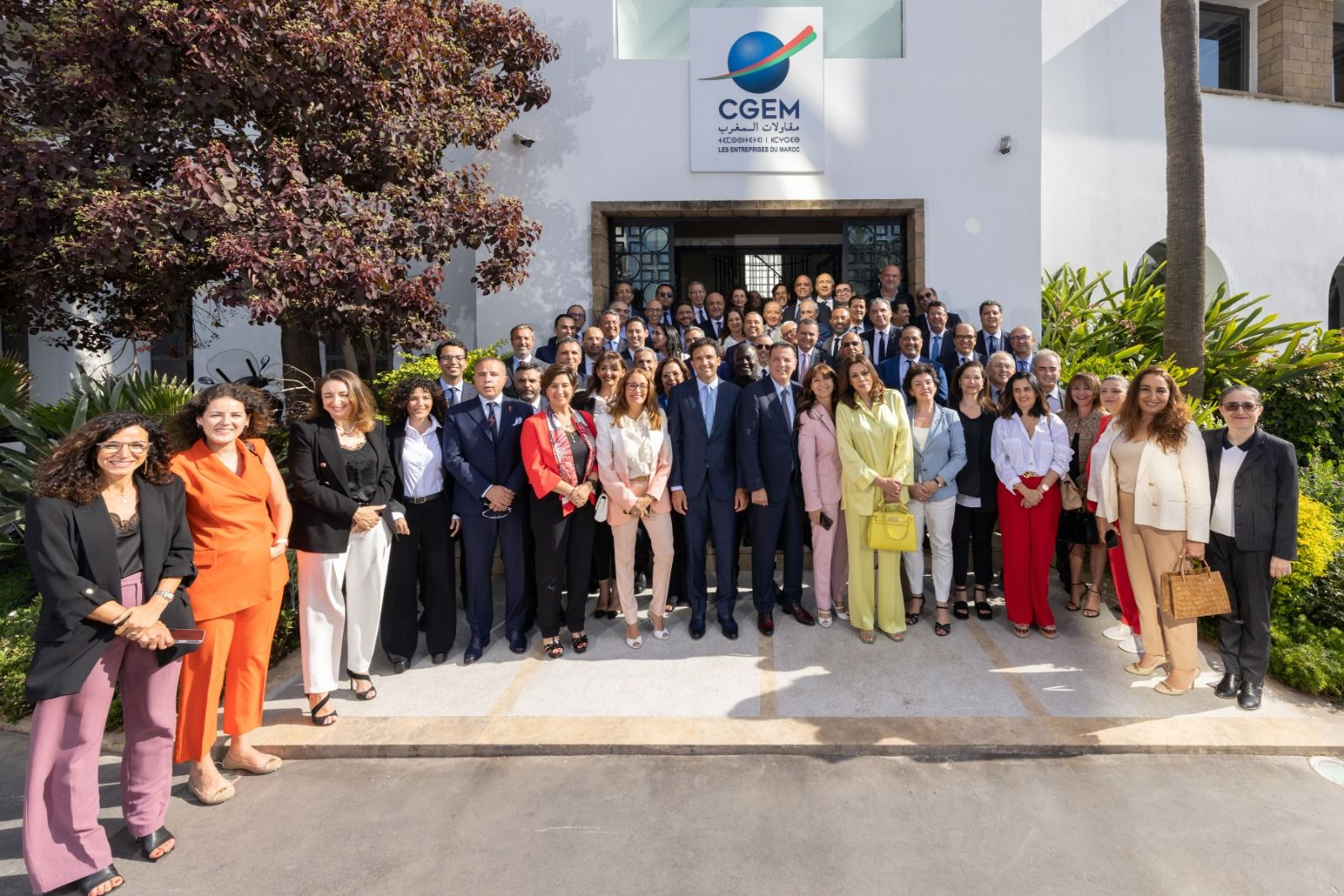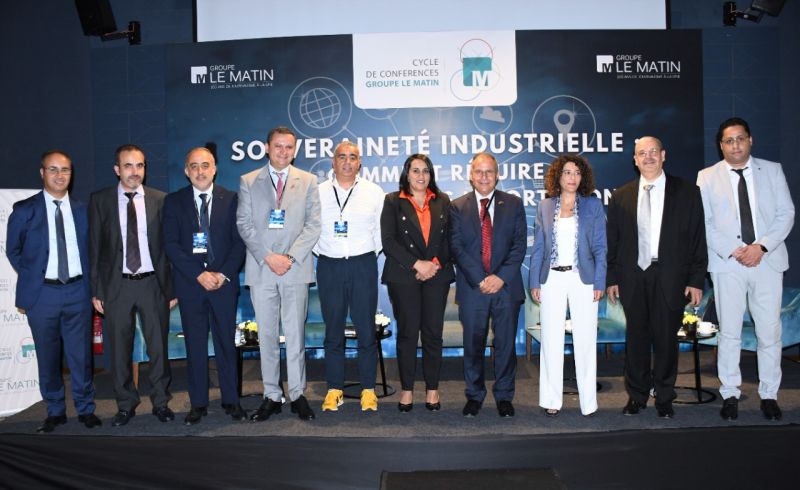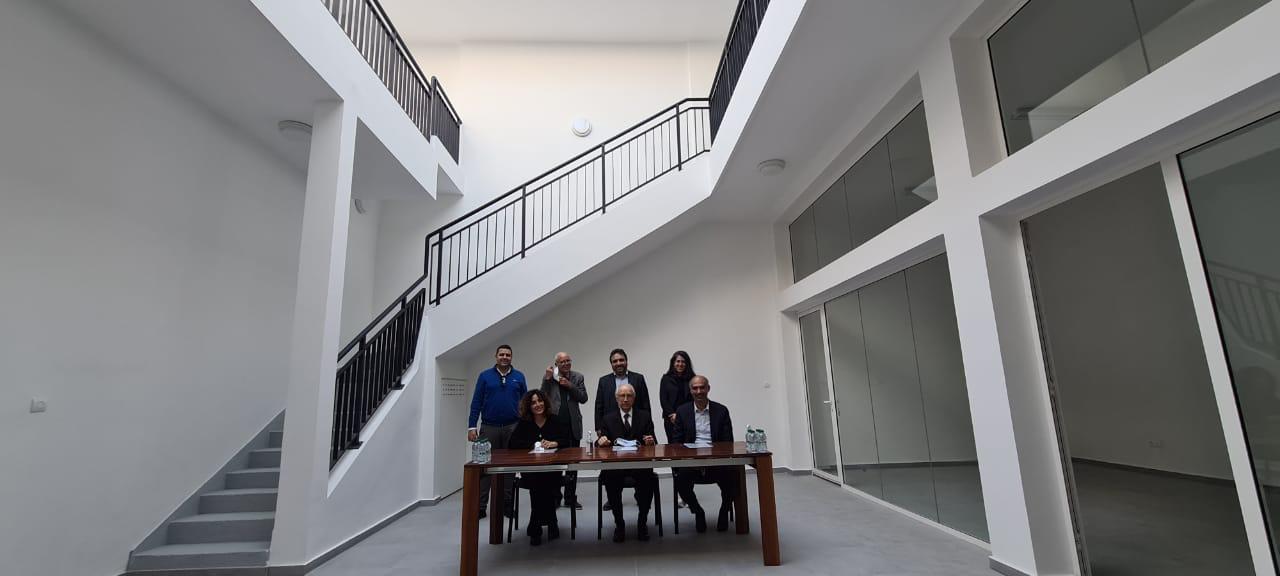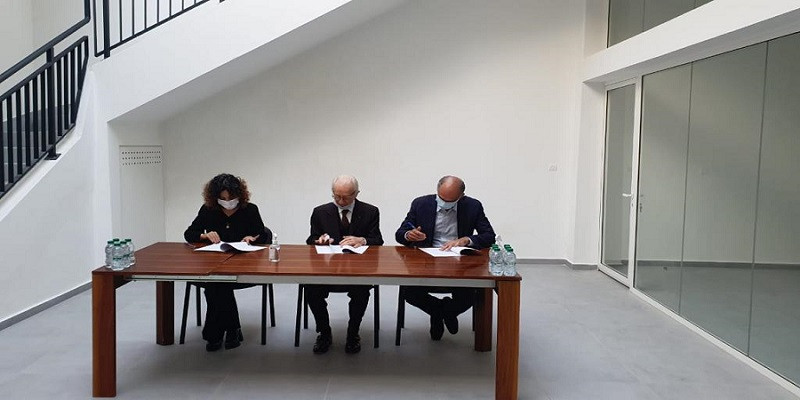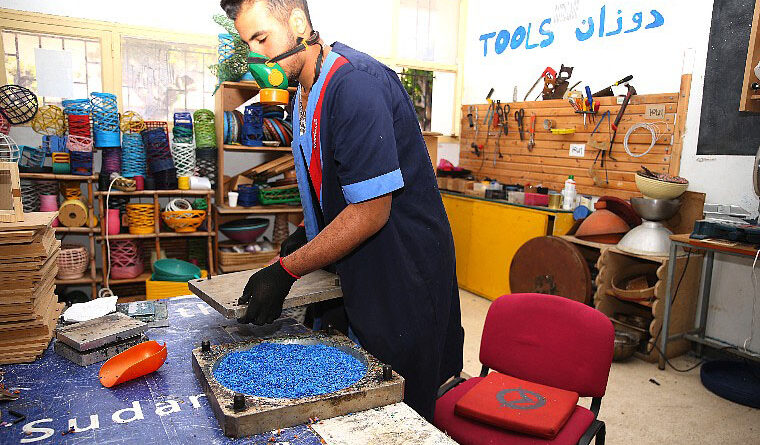Taking stock of the professional situation of women in Morocco and discussing the levers that can be activated to sustainably strengthen corporate strategies for promoting gender equality in the workplace are at the heart of the activities of the Corporate Responsibility and Citizenship Committee (CECC). Its president, Saadia Slaoui Bennani, looks back at what was done during the pandemic and where women stand today.
What impact has the Covid-19 pandemic crisis had on Moroccan women?
The pandemic has had a considerable impact on the job market as a whole. Indeed, the domestic economy lost 581,000 jobs between the third quarter of 2019 and the same period in 2020. The pandemic, however, has widened existing gender gaps and highlighted structural inequalities in everything from health and the economy to social security and protection. According to a recent note by Morocco’s National Statisics Office [Haut-Commissariat au Plan (HCP)]:
– The female employment rate fell by 2% between the second quarters of 2019 and 2020, to 17.5%, compared with 19.5% a year earlier;
– Women accounted for about 2.4 million of a total workforce of around 10.5 million in the second quarter of 2020, a fall of 230,000 jobs (-9%) compared with 2019.
During these times of health pandemic, the measures taken by the authorities to counter it, such as lockdowns, are preventing many working women, including a significant number in the informal sector, from carrying out their economic activities. UN Women Morocco points out that many women are at serious risk of being forced out of the labour market because of the closure of schools, which makes it impossible for them to balance their professional and private lives.
Moreover, the concentration of women in sectors hard hit by the pandemic, such as agriculture and services, has exacerbated this situation considerably, not to mention their strong presence in jobs and professions on the front line of the fight against Covid-19 (medical staff, and social sector civil servants).
What actions has the Corporate Responsibility and Citizenship Committee (CRCC) promoted in favor of women during this period?
The CGEM, through the CRCC, has launched an initiative called “citizen actions”. This enables companies to share best practices in coping with the pandemic, creating an emulation and sharing effect. One example of this is the flexible work organization introduced by companies to help women achieve a better work-life balance.
In partnership with the International Finance Corporation (IFC), a survey was also carried out among a selection of label-holders to identify their needs and priorities in terms of promoting the employment of women, and to tailor a series of webinars accordingly. This initiative aims to set up a peer-learning platform for exchanging ideas on topics involving the promotion of women’s employability in the private sector. With this in mind, a webinar on “Promoting gender diversity in business” was held on November 25, the first of a long series that will help to achieve the desired objectives.
An interactive working session was also organized by CRCC and UN Women to discuss ways of empowering women to participate fully in economic life. This working session was attended by members of the CSR Label Award Committee and representatives of label-holding companies.
In addition, a series of e-commerce webinars was organized for Moroccan women entrepreneurs, covering topics such as improving online visibility, transforming a physical store into a digital one, accessing international markets, targeting and integrated marketing, and logistics.
At Confederation level, the principle of gender equality opportunity has been central to its thinking and action for many years. Indeed, the Confederation’s Corporate Social Responsibility Charter, introduced in 2006, expressly includes the issue of diversity and gender equality among its objectives.
[Interview with the magazine Femmes du Maroc]

